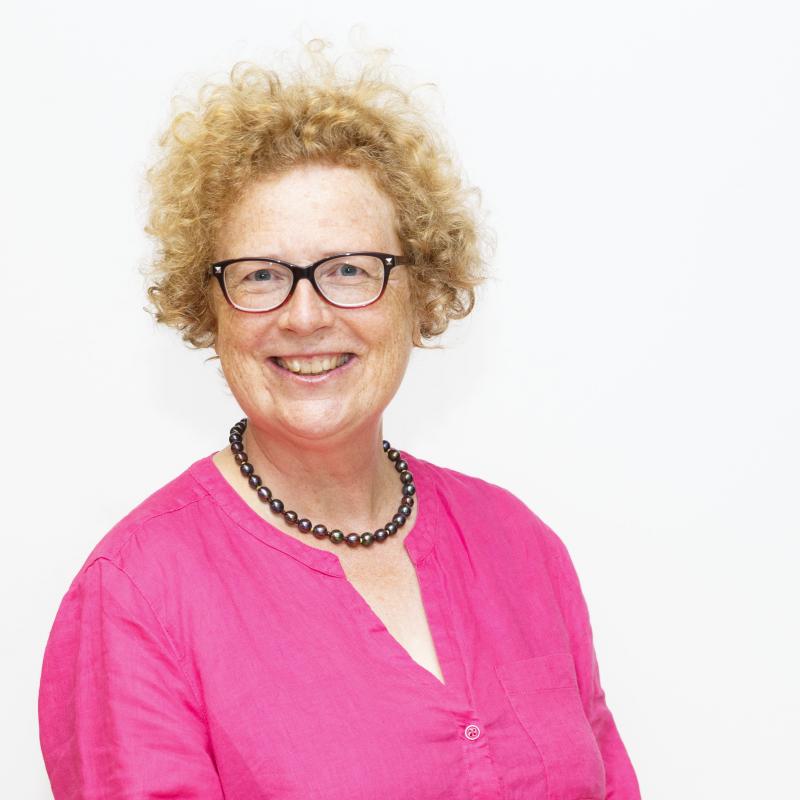I am Lead Evaluation Officer at the Independent Office of Evaluation of IFAD. I have been leading evaluations of IFAD country strategies and programmes in Nigeria, Egypt, Kenya, Georgia and Kenya. Ialso led the preparation of synthesis evaluations on gender, partnerships, inclusive rural finance, community-driven development and infrastructure for IFAD. Prior to joining IFAD, I was the GIZ Principal Advisor on evaluation capacity development at the Office of the Prime Minister in Uganda. Overall, I have more than 20 years on strategic and institutional evaluations, amongst others for the African Development Bank, United Nations Children's Emergency Fund (UNICEF), United Nations Human Rights-Office of the High Commissioner, Department for International Development (DFID) and the Swedish International Development Cooperation Agency (Sida). I trained as social anthropologist, with a Ph.D. from Munich University in Germany.
Johanna [user:field_middlename] Pennarz

Johanna Pennarz
Lead Evaluation Officer
IFAD
Italy
My contributions
Making voices count - Gathering community feedback in times of remote evaluation
BlogIn 2020, IFAD’s Independent Office of Evaluation undertook a project evaluation of the National Programme Community Empowerment in Indonesia.[1] This was a Community Driven Development project in Papua and West Papua provinces in the eastern-most part of Indonesia. These provinces are characterized by geographic remoteness, lack of infrastructure, scant presence of government structures, civil unrest in some parts and large indigenous populations.
Due to the Covid-19 outbreak, which took place at the start of the evaluation process, international travel was not possible. The mobility of local consultants was also severely restricted, due to the risk of spreading the virus among
Posted by
Johanna Pennarz
Lead Evaluation Officer IFADPrashanth Kotturi
Evaluation Officer International Fund for Agricultural DevelopmentStruggling to prove the obvious – How can evaluations show that community-driven development works?
BlogAlthough CDD is recognized as an efficient way of delivering public goods, in particular in marginalized or fragile situations, evaluations often struggle to find strong evidence to demonstrate the empowering impact of this approach. This challenge may be tied, in part, to the wide range of contexts involved and to expectations of what these programmes should deliver.
The debate
Expectations of what community-driven development can deliver, in terms of social and political impact, have been high and sometimes overly optimistic.
The first evaluation of the World Bank’s support to CDD (2005) found that outcome ratings for such projects were better than
Posted by
Johanna Pennarz
Lead Evaluation Officer IFAD